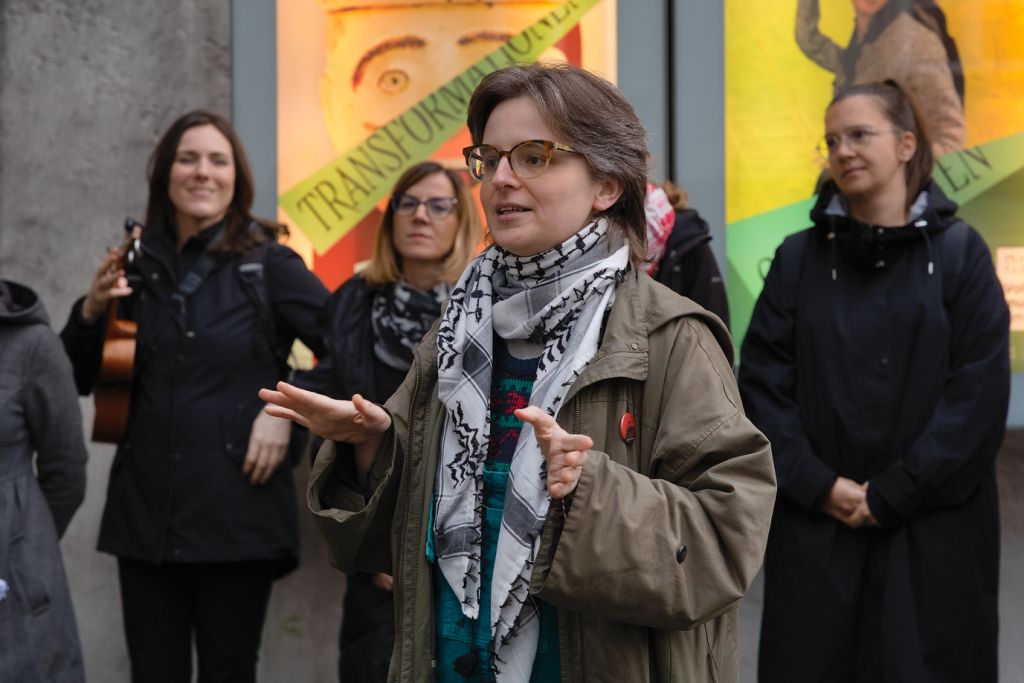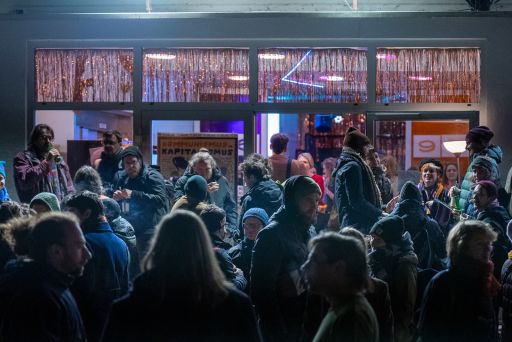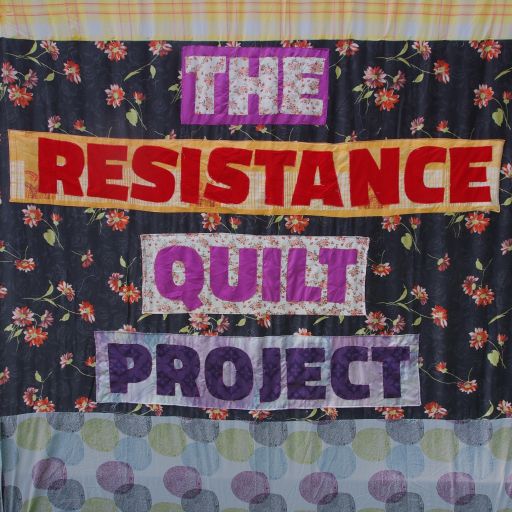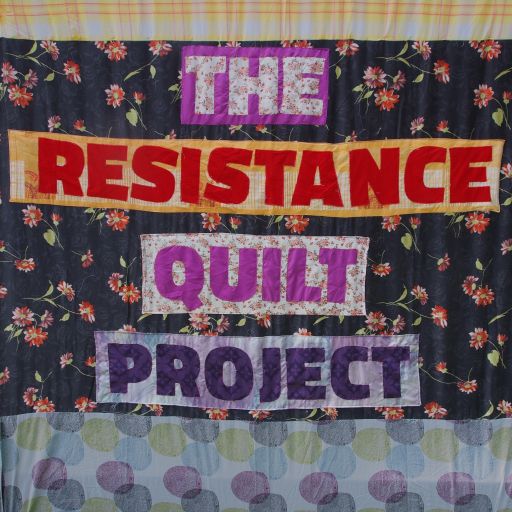FPZ Z'Borke
Choirs of Resistance
Hall of Beef
Memory Conflicts
A democratic society needs a democratic culture of memory. How are marginalised narratives and narratives of resistance addressed? Which narratives of history support the ongoing existence of forms of dominance and exploitation? How do such phenomena relate to the political situation in which we find ourselves today? The event “Memory Conflicts” traces anti-fascist narratives that are often suppressed and forgotten in post-Nazi Austria.
These questions are investigated in the exhibition “Žensko ime odpora / The Female Name of Resistance” (23/04–08/05/2024), which commemorates women who were a part of the resistance against the Nazis. In March 1943, 80 years ago, with the Second World War raging, the Slovenian Anti-Fascist Women’s Front (Antifašistična fronta žena) formed a Carinthian branch in Eisenkappel/Železna Kapla.
Drawing on this, curators Helena Verdel, Vida Obid, Elisabeth Rausch and Elisabeth Holzinger conceptualised an exhibition, commissioned by the WerkStattMuseum, about the resistance of the Slovenian women in Carinthia in connection with further examples of resistance against National Socialism across Austria.
The opening will be accompanied by a podium discussion on the anti-fascist politics of memory and fascist continuities. For the finissage, a feminist-partisan choir intervention into urban conflicts will take place under the title “Choirs of Resistance”.
Curated by Sara T. Huber and Markus Gönitzer.










